

Football Manager 2014 is out now – but what does this latest addition to the long-running soccer management simulation and statistics game bring to the table? Is silverware within reach if you upgrade?
Over the years I’ve lost countless hours to football management games. I’ll never see them again – but of course, I don’t want to. Every second of every virtual management role was worth it just to get that sniff of glory.
It is a shame, however, that as management sims strive for and achieve evermore impressive realism that my ability as a tactician is seemingly reduced. What was it about the old Player Manager game on the Amiga that enabled me to command a team of fictional giants? Why can’t I recreate the success of a legendary Manchester City in Championship Manager 98/99 running in MS-DOS?
You may or may not find the answers to these questions in this review. However, you will definitely be able to make a decision on whether or not Football Manager 2014 is the right step up in your virtual career to reach the top of the game.
We’re specifically reviewing the desktop version of Football Manager 2014 (also known as FM 2014), available for Windows, OS X and Linux Ubuntu (thanks to Steam’s support for Linux gaming). You can download the game via Steam or install it from a packaged DVD. (An updated mobile version of Football Manager has also been released on iOS and Android.)
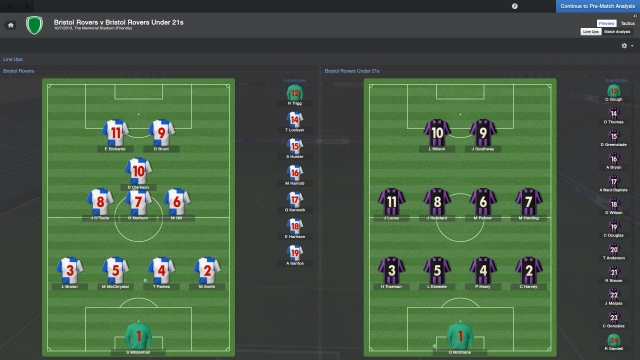
Minimum system requirements differ across platforms. For a Windows computer, you can run the game on XP, Vista, 7, 8 and 8.1, on a system equipped with at least an Intel Pentium 4 CPU, 1GB RAM, 128 MB video RAM, 3 GB of HDD space, DirectX 9c and an Internet connection.
Linux users should have at least Ubuntu 12.04 LTS, while Mac owners need to be running at least OS X 10.6 on a system with an Intel Core 1.8 GHz or higher. Mac and Ubuntu require 1 GB RAM and graphics cards with at least 128 MB video RAM for this OpenGL 2.0 compliant title.
Usually at this stage of a review, we tell you what a game is all about. Football Manager 2014 is, as you may know, a soccer management simulation with arcade elements. The main aim of the game is success, either with one club or many. A career winning cups and trophies with many clubs is arguably more impressive than winning them at one, although this may also depend on which team you support in real life.
Another aim of this game, however, is the development of your players. Great teams aren’t necessarily built from great players, and you can spend time in FM2014 developing key players with strong potential; utilising them as a focal point of your team or selling them on, hopefully for big bucks. (Success in this area will usually require close affinity with your players and regular checking of their stats.)
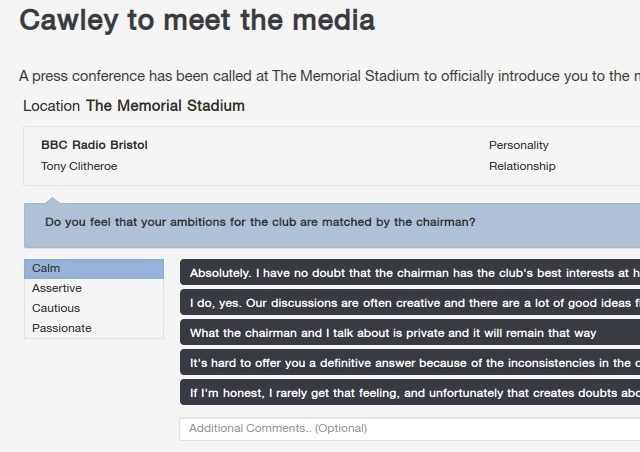
There is, you see, a third main aim to Football Manager 2014: survival. This might be the survival of your club in a particular league or competition, or its financial viability (bankruptcy would see it ejected from all competitions, as per real life rules). You’ll also need to balance all of this with your own needs as a fictional manager with a career. Failure to survive a job may result in your career coming to a premature close – especially if you do poorly at a small club.
Success, on the other hand, brings bonuses. An improved reputation means you can attract increasingly better players and the attentions of bigger clubs with more prestigious jobs. Eventually, you might become the greatest manager in the land – assuming you don’t start a new game first. There’s no real reason why you should – Football Manager games can go on forever.
As befits a game as complex as this (it combines a mouse driven user interface of endless pages of in-game news and statistics with an arcade-style football match which you have only tactical control over), gameplay can prove difficult, especially for beginners. Fortunately there is the familiarity of real-life players, clubs and leagues to ease the transition, but many elements must be carefully balanced and rebalanced if you are to get even the merest sniff of success in this game.
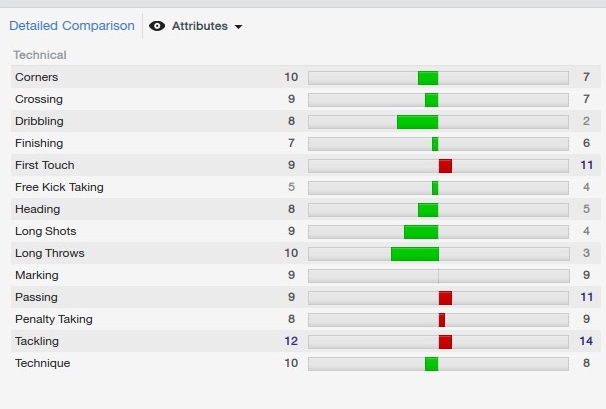
Fortunately developers SI Games have included two modes, Football Manager and Football Manager Classic, the latter offering a quick start and a slightly stripped-down version of the main game. There is also a quick-start mode for the main game that saves time with the various manager character creation and team selection choices.
The game is split up into days, with your job as manager your focus. You might be selecting tactics, checking scout reports, watching matches (the game engine is impressive, and another improvement since this element of the game was introduced in FM 2010), training players and dealing with agents, press conferences and prima donna players.
Video games based on football (the European/South American/Asian/African version) generally tend to come in two flavours: arcade and management sim.
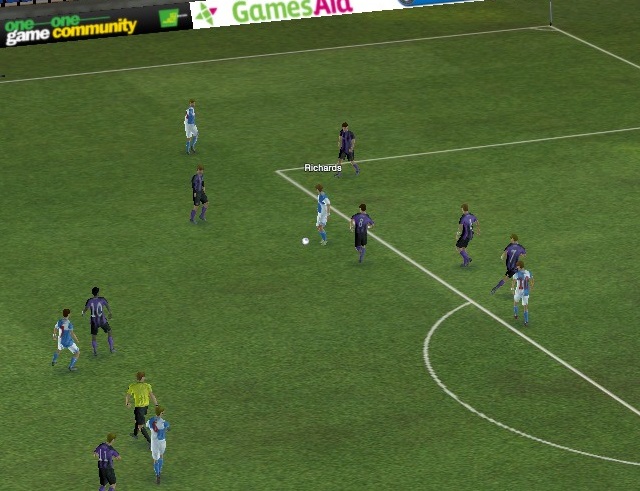
Since 2010 Football Manager has been attempting to combine the two by presenting an arcade-style game engine in which your players go about the business of attempting to win a match. This 3D presentation is attractive but really doesn’t set the world alight – it certainly isn’t a rival to FIFA or PES, and it tends to be draining on some systems, which is why it can be disabled in favour of the text-based alternative. Both views can be enhanced with live statistics and comments from your assistant manager that give you an idea of how the game is going.
For the vast majority of your time in FM 2014, you’ll be navigating pages of statistics and facts. This isn’t exactly eye candy!
Like the graphics, there isn’t much to speak of when it comes to sound. Football Manager has always been a game that is perfect for playing alongside your favourite MP3s or while watching TV, and the sound quality – while a competent attempt at evoking the match day atmosphere – is nothing out of the ordinary. It doesn’t need to be.
What proves so attractive to football management sim gamers about Football Manager 2014? Like its predecessors, the new version is an extraordinary game. There really is nothing else like it, and the improvements have been introduced without disrupting the ability to manage teams from 51 nations and 117 leagues in any competition you can think of, from La Liga to the World Cup.
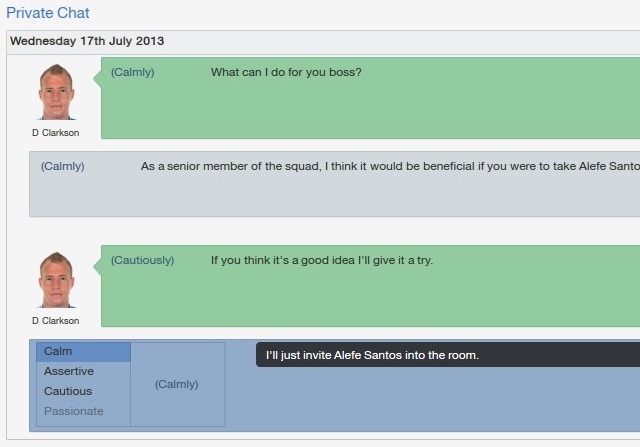
There are always new features when a new Football Manager is released. This time around the focus has been on improvements to interaction and diplomacy, specifically between clubs, managers, agents and players in the transfer market, managers and the club chairmen (including negotiations for new contracts) and between the manager and his players (as above).
Better still, the news screen now enables you to react more quickly to feedback, reports and player-based news, while the match engine has an improved AI and graphics.
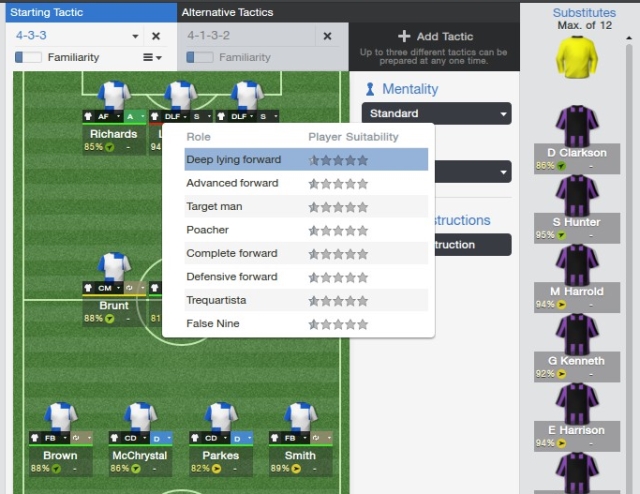
For the tacticians among you, tactic creation has been improved yet again, with player roles, team strategies and new player and team instructions added to the mix, while rival managers have the ability to adapt their own strategies over time.
Revisions to the game’s user interface appear to have been included to make playing Football Manager 2014 simpler on a touch screen device. The experience is relatively comfortable; the game has had a browser-style feel to it since developers SI first released Football Manager back in 2005 (they previously designed Championship Manager for Eidos).
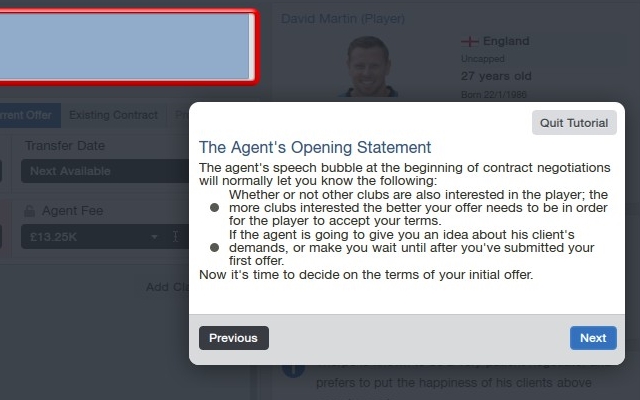
This version also offers a neat collection of in-game tutorials and better integration with the online manual. There is also Steam Workshop integration, enabling photos and logo packs and custom competitions to be shared. Updates to the game’s Data Editor include the ability to create enhanced competitions rules, enabling the FM enthusiast to customise the game to their own detailed preference.
Few video game genres appeal to everyone. Somehow, the Football Manager series manages astonishing sales despite being essentially a series of spreadsheets, loaded with fan-researched player attributes. This can only be possible thanks to the work the developers do in adding character to the game, building a sense of realism around the charts. Testament should also be made to the efforts made to create a match engine that relays in-game information – and gives you, as manager, the chance to influence the scoreline – in a way that isn’t all that similar to a real-life football match.
In short, this is yet another triumphant addition to the Football Manager series.


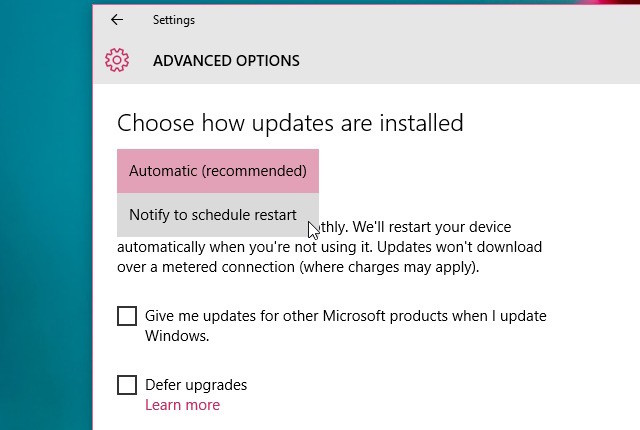

 NBA 2K16: MyCareer Tips and Connection Guide
NBA 2K16: MyCareer Tips and Connection Guide How to Troubleshoot Low RAM or Memory Leaks in Windows
How to Troubleshoot Low RAM or Memory Leaks in Windows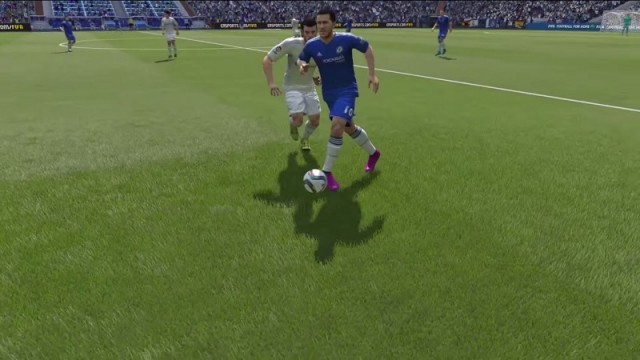 FIFA 16 Guide: How to perform Basic and Intermediate Skills Moves
FIFA 16 Guide: How to perform Basic and Intermediate Skills Moves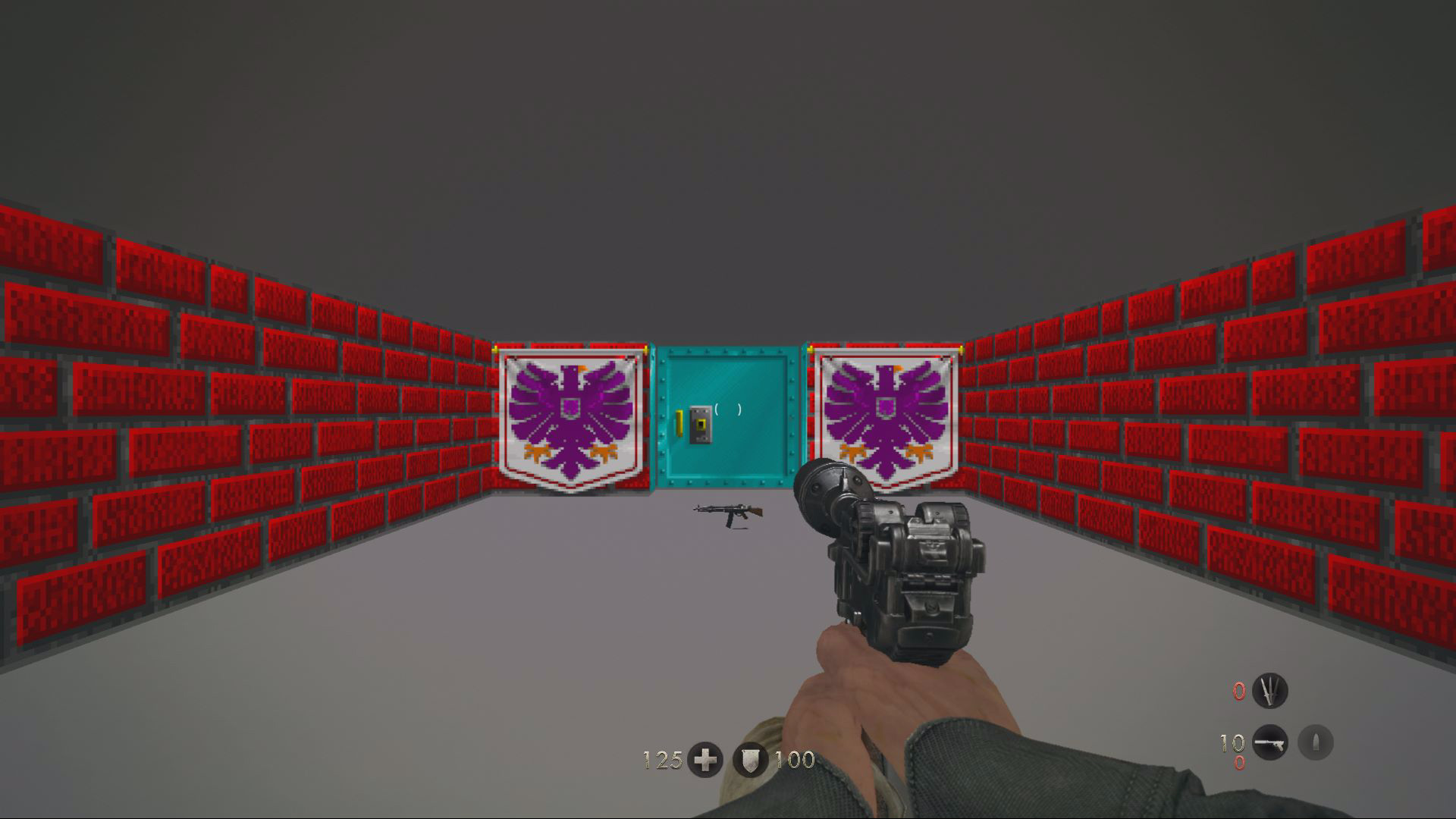 Wolfenstein: The Old Blood – How to Find all the Nightmare Levels
Wolfenstein: The Old Blood – How to Find all the Nightmare Levels Mafia 2 Walkthrough Video Guide in HD
Mafia 2 Walkthrough Video Guide in HD